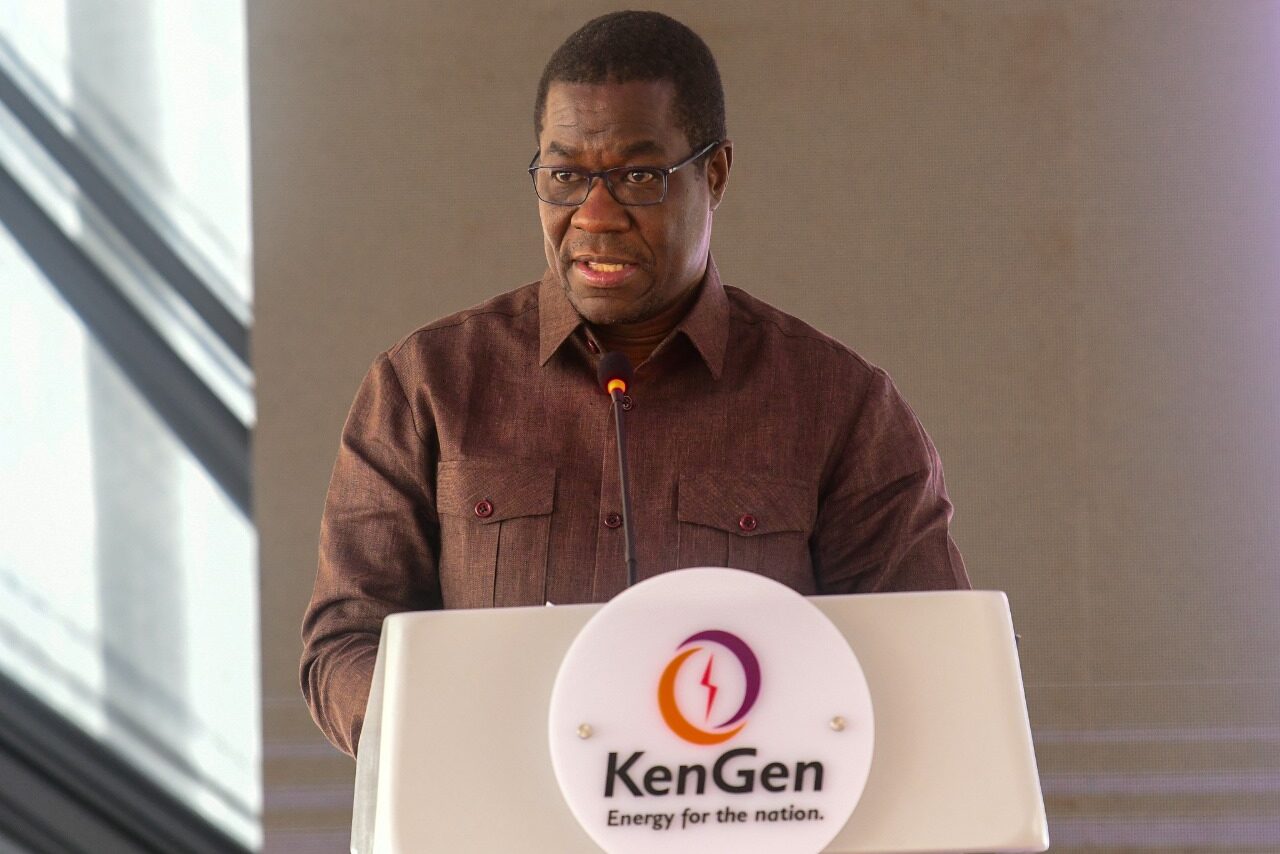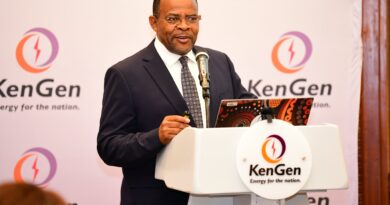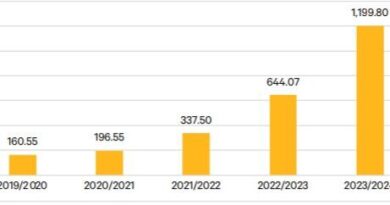Kenya in power cost study for new tariff

The Ministry of Energy and Petroleum has commissioned a study to assess the cost of electricity supply in Kenya ahead of a review of the power tariff in 2026.
The current tariff, which was set in April last year by the Energy and Petroleum Regulatory Authority (EPRA), are set to expire in 20 months.
The Energy Act, 2019 mandates EPRA to set the electricity tariff every three years after taking into consideration numerous parameters, including the revenue requirements of power stakeholders.
Before the tariff is set, a cost-of-service study is taken to unearth all the costs that are incurred along the electricity value chain to deliver power to customers, starting from procurement of power producers, generation, transmission and distribution.
The Ministry has now commissioned this study, which will be Kenya’s 7th in the electricity sub-sector. The Ministry issued an Expression of Interest (EoI) for a consultant to undertake the study.
According to the Ministry, the findings of the study shall be used to support EPRA in the review of the electricity tariffs applicable for the 2026-2028 tariff control period. The Ministry has a budget of $650,000 (Ksh84 million) for the study will be financed by the Agence Française de Développement (AFD)
Overall, the services of the consultant shall be to determine Kenya electric system charges, in generation, transmission, distribution and retail. This shall inform costs incurred in delivering the services and which fully recover costs while addressing social and equity concerns
ministry of energy and petroleum
The assignment of the consultant is to develop a power price structure that will ensure that the sector can operate sustainably as well as refining the existing financial model for the electricity tariff computation for each power utility.
It will also be tasked with separating the transmission and distribution infrastructure assets in the Kenyan power system and allocate relevant costs to each category. This comes at a time when Kenya is for the first time doing Public Private Partnership (PPP) projects in power transmission, which will require accurate cost allocation.
Already, the government has completed a similar study for the costs associated with supplying petroleum products. The findings of the study were recently submitted for public participation.
Thereafter, EPRA is expected to implement the findings, which include increasing the margin for oil marketing companies to cater for increased operational and capital investment costs since the current margins were last set.
info@theenergyreview.com
Discover more from THE ENERGY REVIEW
Subscribe to get the latest posts sent to your email.


